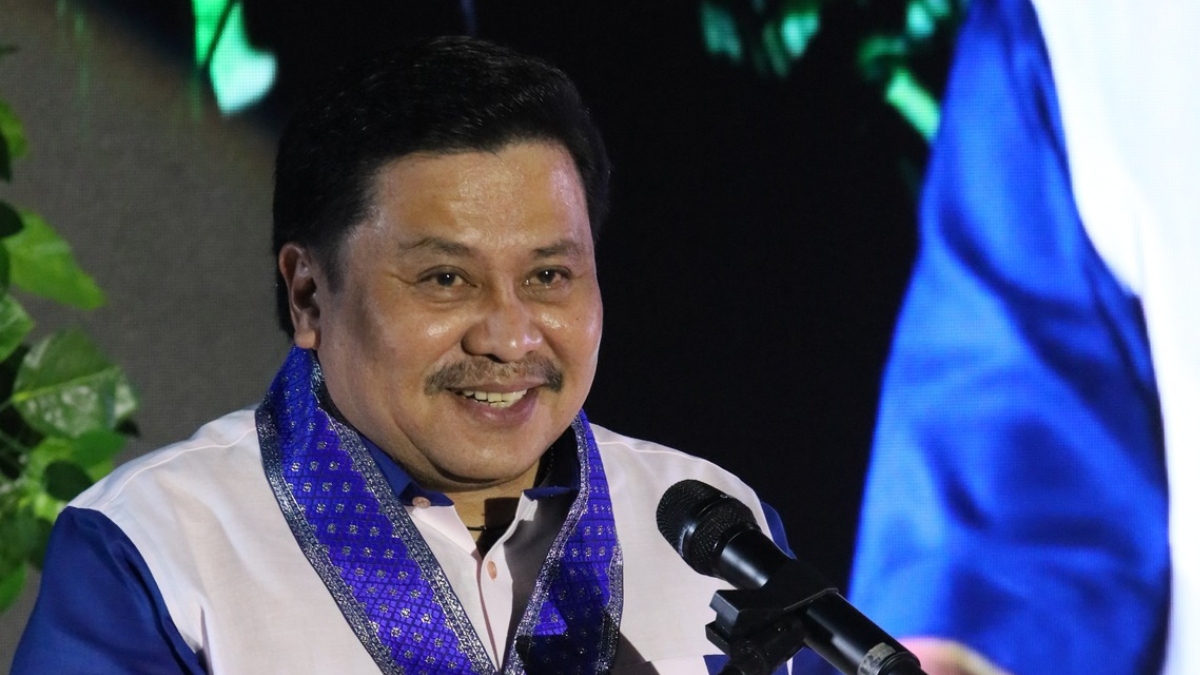Senate President Pro Tempore Jinggoy Estrada is pushing for a major shift in the country’s education system by filing a bill that seeks to scrap the senior high school (SHS) program from the K to 12 curriculum, citing its failure to deliver on its promise of producing job-ready graduates.
In Senate Bill No. 3001, Estrada argued that despite more than a decade of implementation, SHS has yet to meet its core objective. “We can’t keep letting students and their parents shoulder the extra time and cost of senior high school,” Estrada said. “Bakit natin hahayaan na patuloy na maging dagdag pasanin sa oras at gastusin ang dalawang taon sa high school level?”
The proposed measure aims to preserve the intent of the Enhanced Basic Education Act of 2013 but without the two additional years of SHS. Under Estrada’s plan, basic education would consist of one year of kindergarten, six years of elementary, and four years of high school—returning to a 10-year cycle.
He said this change would help simplify the education structure while still delivering quality learning that aligns with global standards. “This bill is a practical step to fix our basic education system – make it more efficient, use resources better, and give students a more meaningful learning experience,” he added.
The call to review the SHS program comes as the Department of Education prepares to roll out a revised SHS curriculum for School Year 2025-2026. The pilot run will involve 841 schools and will feature fewer core subjects, down from 15 per semester to five full-year subjects for Grade 11: Effective Communication, Life Skills, General Mathematics, General Science, and Pag-aaral ng Kasaysayan at Lipunang Pilipino.
Electives, previously called applied or specialized subjects, have also been reorganized under Academic and TechPro clusters. Students will now be allowed to take subjects across different strands and even explore options outside their original track through a flexible “doorway option.”
The upcoming academic year, set from June 16, 2025, to March 31, 2026, marks the return to the pre-pandemic school calendar, coinciding with these major reforms under evaluation.






